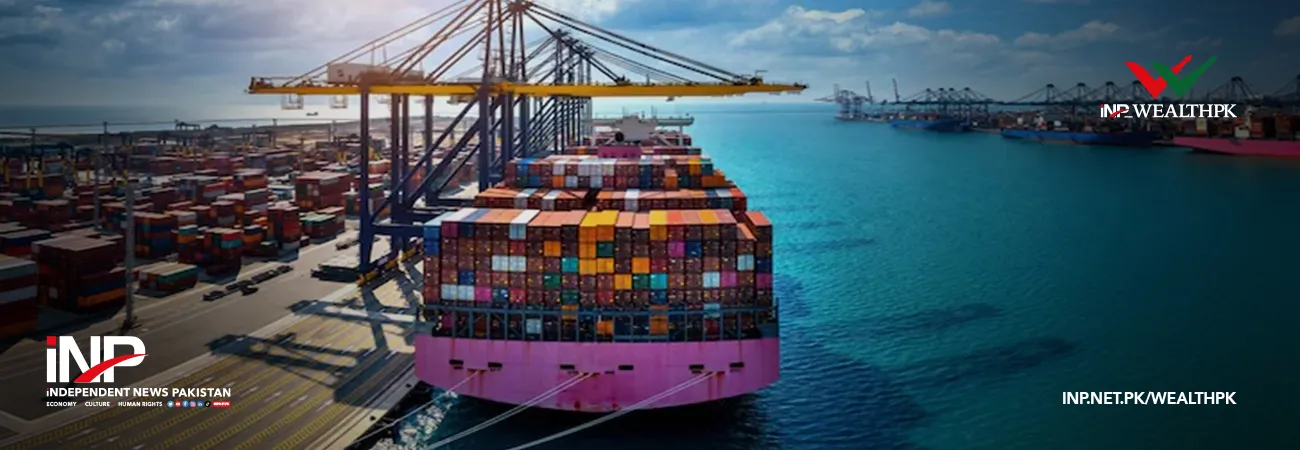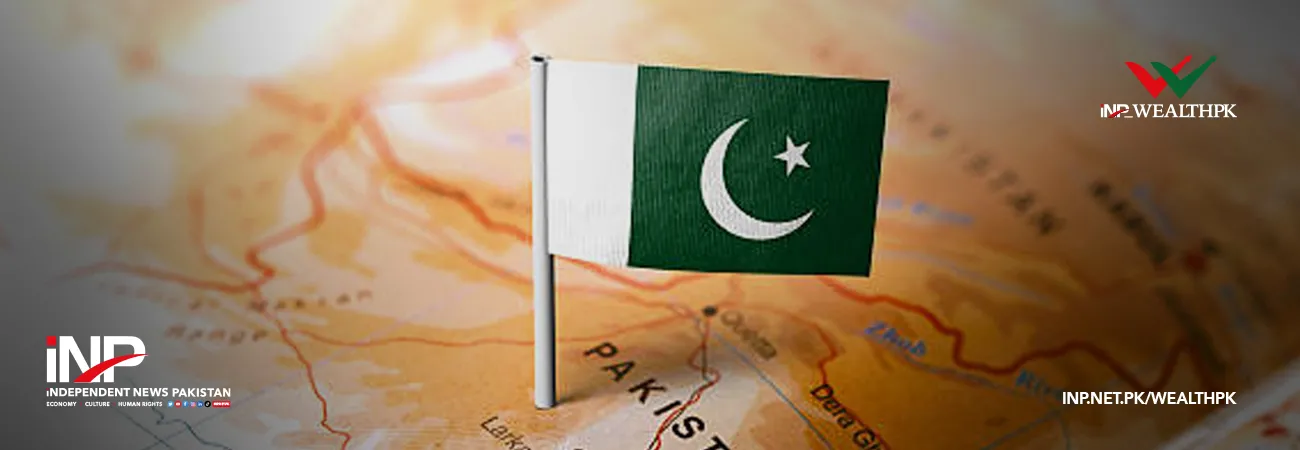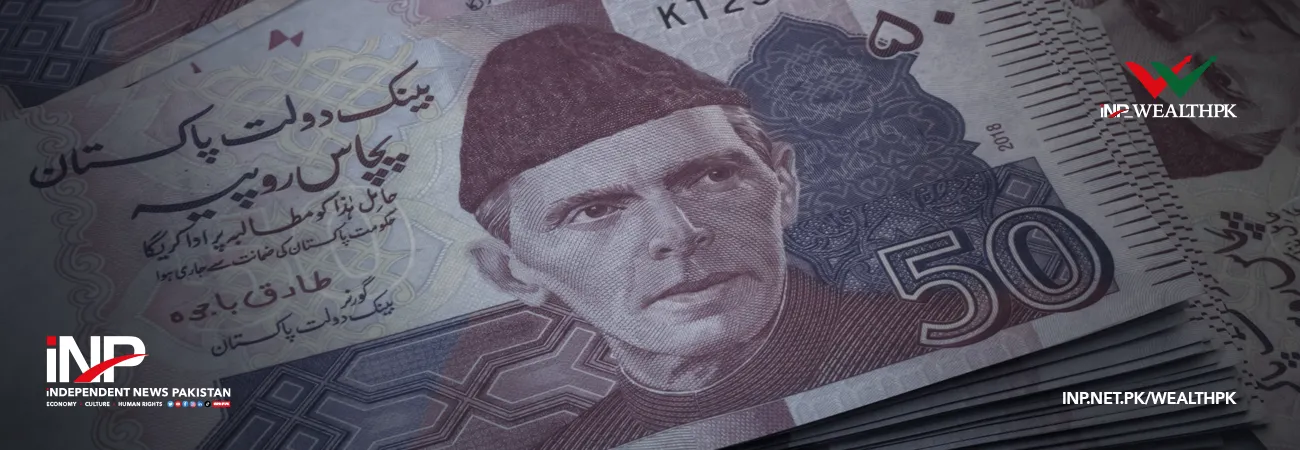INP-WealthPk
Ayesha Saba
Pakistan’s current protectionist policies have raised strong concerns that this approach may do more harm than good

by stifling competition, increasing the production costs, and limiting growth potential. High tariffs and numerous non-tariff barriers (NTBs) are among the country’s protectionist measures to shield domestic industries. Talking to WealthPK, eminent economist and Deputy Executive Director at the Sustainable Development Policy Institute (SDPI), Dr. Sajid Amin, said protectionism had brought inefficiencies across various sectors. By restricting imports through high tariffs and complex NTBs, the industries fail to innovate, leading to lower productivity and higher prices for consumers. He argued that these policies also hindered Pakistan’s ability to fully participate in the global trade. With exports stagnating, the country’s current account deficit (CAD) continues to widen. Pakistan’s approach has turned inward, which is counterproductive in an increasingly interconnected global economy.
Countries that are open to trade see better growth outcomes, while excessive protectionism often leads to economic isolation,” he said. “SMEs are particularly vulnerable, as they lack resources to absorb these costs or navigate complex regulatory barriers. They face disproportionate challenges under protectionist policies, which limit their growth potential and competitiveness in both domestic and international markets,” he remarked. Amin recommended a gradual shift towards a more open trade policy. Reducing tariffs and simplifying NTBs would allow the Pakistani industries to become more competitive globally, encourage innovation, and improve consumer welfare. “Phased reduction in tariffs, coupled with a more transparent system of non-tariff measures, would provide the industries with time to adjust while also unlocking new opportunities for growth.”
According to a recent analysis by the PIDE, the combined impact of tariffs and non-tariff barriers (NTBs) cost Pakistan’s economy approximately PKR1.77 trillion in 2022. This staggering amount, represented 0.6% of the country’s GDP and 8.5% of its trade volume, showing that this cost ripples through the entire economy, affecting everything from the price of consumer goods to the cost of production in key industries. According to the World Tariff Organization (WTO), Pakistan imported goods worth PKR14.48 trillion (US $70.8 billion); of these, only 31.1% of imports were duty-free, while the remaining imports worth PKR9.98 trillion, constituting 68.9% of total imports, were subject to tariffs. While the average tariff on these goods was 8.7%, this average obscures significant disparities. A substantial portion of imported goods – 39.1% – faced high duties of over 15%, with an additional 2.3% subjected to extreme duties that exceeded three times the national average rate.
Credit: INP-WealthPk













